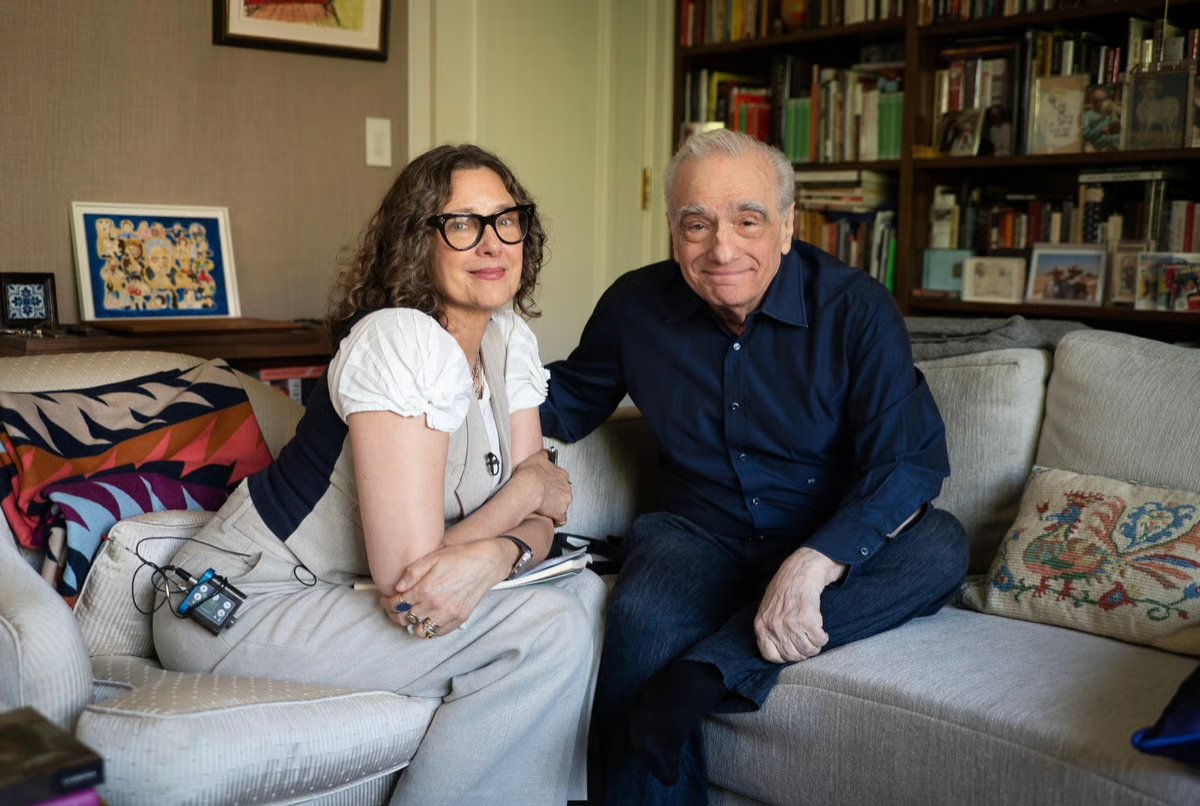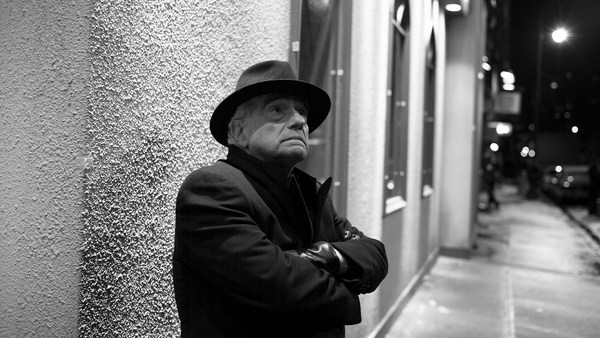★★★ (3 out of 4)
I can’t think of a film director who has been examined and interrogated with more forensic intensity than Martin Scorsese. No problem. The legend deserves that focus. “Mr. Scorsese,” the five-part, five-hour Apple TV+ doc from director Rebecca Miller, is more affectionate and less granular than most, though “A Personal Journey with Martin Scorsese” in which Scorsese sees himself through the history of American cinema, is by far more intimate and indelible.
There was one day when an exhausted Mr. Scorsese told me he had run out of things to say about movies. I almost laughed in his face. Scorsese is the best teacher of film you’ll find on this planet, his knowledge spilling out on waves of enthusiasm that pull you in like a siren’s song. If you love movies, talk to Mr. Scorsese. If you hate movies, talk to Mr. Scorsese. You’ll be converted on the spot.
Rebecca Miller understands this perfectly. Scorsese, 83 next month, is still unequaled for his youthful passion, as if he’s seeing movies for the first time, no matter how often he watches them, which is round the clock. Scorsese is an energy field in constant motion.

On set, he’s Mr. Scorsese, the boss. Off duty, he’s Marty, the guy you’d love to hang with. The biggest challenge facing Miller is thinking she can contain all that energy within an organized, chapter-by-chapter structure. She’s can’t, of course. But what fun watching her try.
“Mr. Scorsese” is basically a series of Miller interviews with the master across varied locations, trekking through good times and bum times, the cocaine years through his reformation into a devoted husband and father. All this is enhanced by a treasure trove of film clips from everything he’s directed, clips that say more about him than any boilerplate biography.
If you love movies, talk to Mr. Scorsese. If you hate movies, talk to Mr. Scorsese. You’ll be converted on the spot. Rebecca Miller’s documentary understands that perfectly.
There are also many starry talking heads, from Spielberg to Spike Lee, from Robert De Niro to Leonardo De DiCaprio—¬his two acting muses. Then there’s Miller’s husband Daniel Day-Lewis who did Scorsese’s “Gangs of New York” and “The Age of Innocence” and his longtime editor Thelma Schoonmaker who offers dishy tales out of school.
God and the devil don’t personally show up, at least not that I saw, but they’re everywhere in Scorsese’s conversation, as they should be coming from an asthmatic Italian-American Catholic boy who once studied to be priest.
.
Over the years, Scorsese has learned to dodge pushy questions about his addictions and his more controversial relationships. He has a gift for being slippery when the need arises. He’s so smooth you almost don’t realize it’s happening. His silence also speaks volumes.
But Scorsese, as you’ll see, is rarely silent. And the ribbons of tough-elegant words he lavishes on what he loves (not just movies) deserve the time capsule treatment given here.
“Mr. Scorsese” can be faulted for drifting into the deferential, for favoring familiar clips over the unexpected, for thinking his musical docs stopped with “The Last Waltz,” and for its understandable awe of its subject. The best of the best.
For me at least, and it’s not a dealbreaker, “Mr. Scorsese” feels incomplete. And I think that's the way Scorsese likes it, being eager to give us more to see. He has an ingrained aversion to putting a cap on things, like you’d expect in a docuseries. Let me make a film comparison to explain. Remember the end of “Taxi Driver,” when De Niro’s Travis Bickle fires one more look at the camera, a look that says I’m not done yet. That’s the Scorsese I know, ever eager to call “action.”

